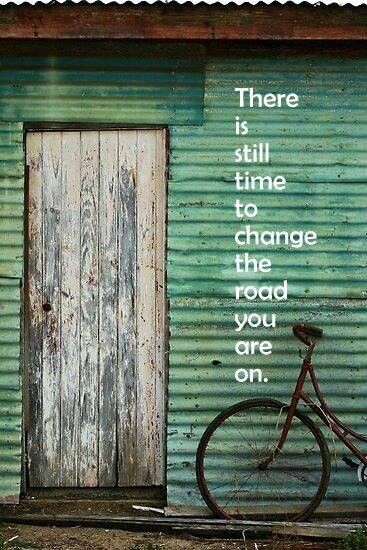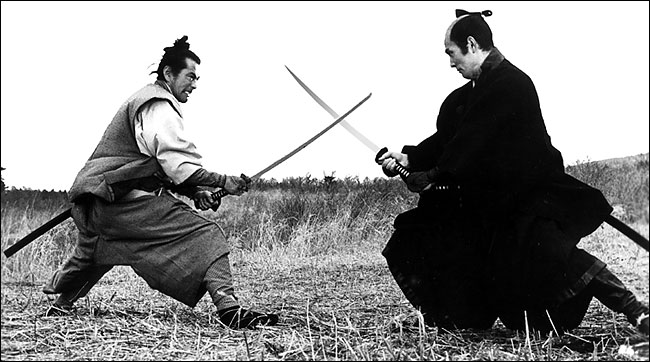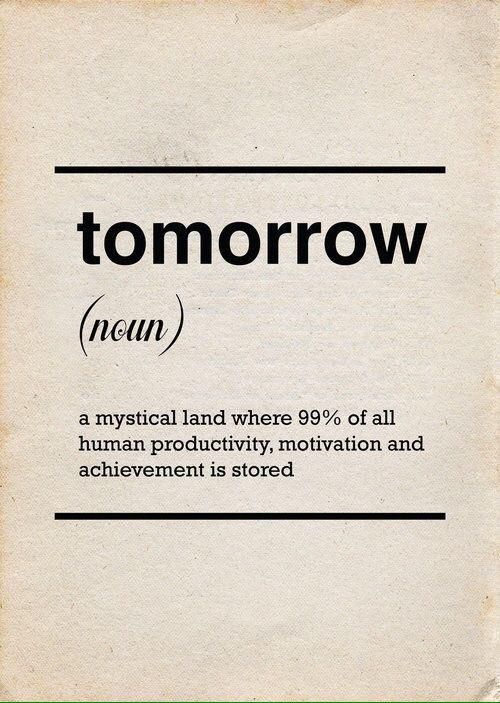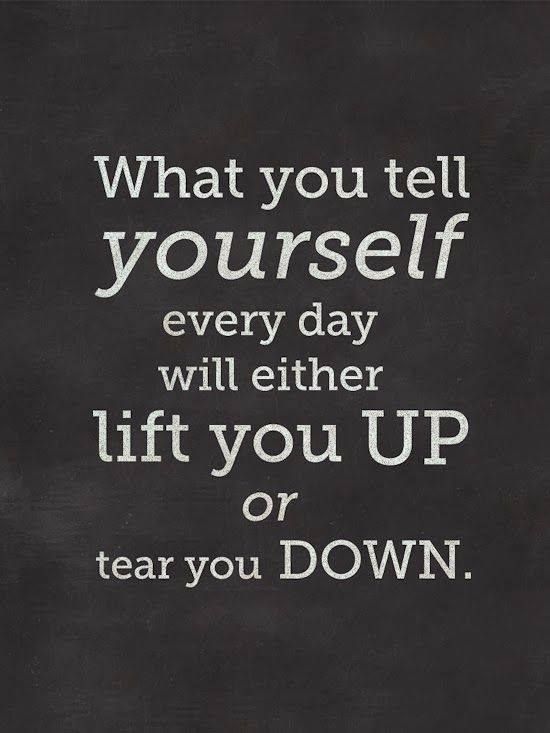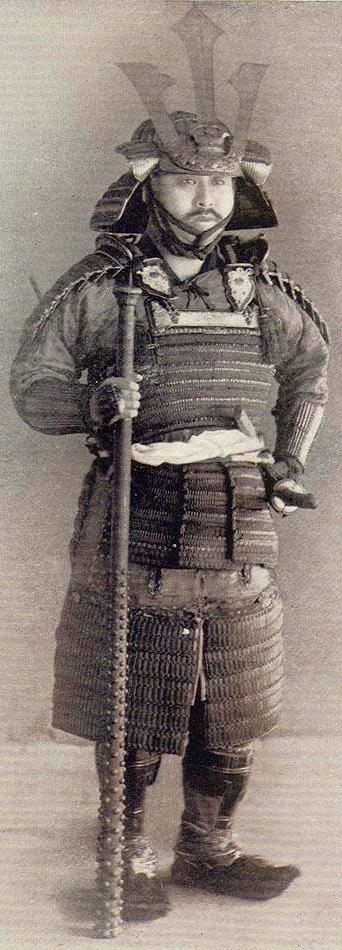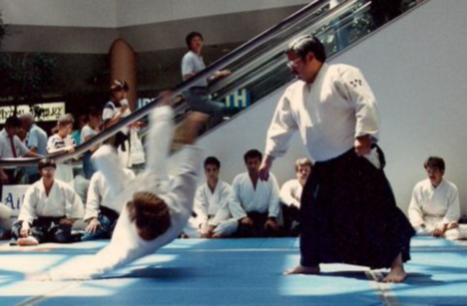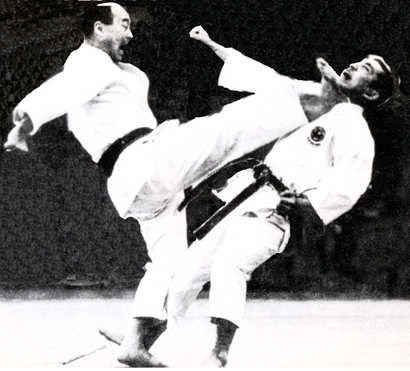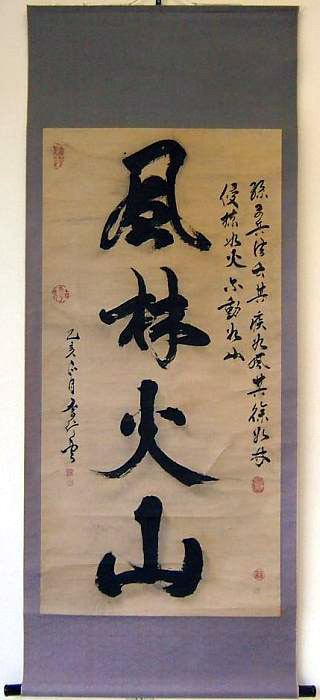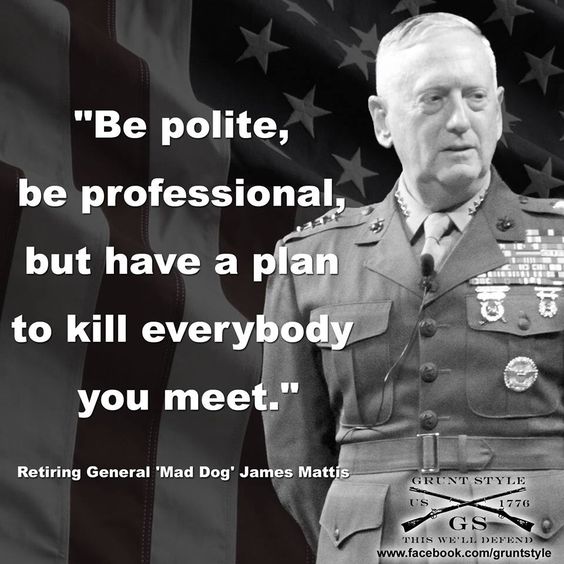
"Be polite, be professional, but have a plan to kill everybody you meet." - General Mattis
On a certain level General Mattis' words are completely true for budo or the martial arts. However at another level, it is not quite apropos to someone of his level of understanding or ability.
To understand how his words pertain to budo, one might look to the kanji for the word martial arts or budo 武道 for an explanation.
At first glance, most look at the kanji for budo and see 武道 as just bu 武 for "warfare" and do 道 for "the way." Therefore without knowing any better, one believes that budo simply means "the way of warfare."
However, as one trains a bit more and becomes more experienced the word budo and its kanji take on a deeper meaning. To understand requires further training. With this experience one learns to look deeper and as we take a look closer and peel back the layers, we see something different. The kanji for bu 武 is actually made up for two separate radicals. The kanji for stop 止 and the kanji for spear 戈. From this closer look, the meaning of budo might be "the way to stop fighting."
General Mattis assertion isn't wrong, but perhaps, like most quotes, taken out of context.
We all start out with the desire to win and dominate our opponents. As we become more learned, we realized how fleeting winning can be and that the true opponent is really ourselves.
Is the goal then to reach the level of "the way not fighting?" Actually no, the goal is total relinquishment of even the idea of budo or perhaps it is like the time when a student visited a famous sword teacher and showed him a sword to which he said, "What is that?"
The famous sword teacher Yagyu Tajima no Kami said that in order to master swordsmanship one need to cure these diseases:
- The desire for victory,
- The desire to rely on technical cunning,
- The desire to show off,
- The desire to psychologically overwhelm the opponent,
- The desire to remain passive in order to wait for an opening, and
- The desire to become free of these diseases.
 Interesting graphic. At its core Ubuntu's philosophy is the same as Aikido's. As Aikidoists, we choose the path of Aikido because we too understand this philosophy of humanity. Aikidoists understand that all people are good and doing the best that they can. We understand that every person is suffering and going through their own stuff. Every person deserves kindness, compassion and forgiveness just as we do too when we make a mistake. To destroy them is to destroy our own humanity too and thus a vicious cycle ensues. When the people of the tribe surround the person who made the mistake and remind them of all the good they have done, they are doing Aikido and are breaking the cycle of negativity.
Interesting graphic. At its core Ubuntu's philosophy is the same as Aikido's. As Aikidoists, we choose the path of Aikido because we too understand this philosophy of humanity. Aikidoists understand that all people are good and doing the best that they can. We understand that every person is suffering and going through their own stuff. Every person deserves kindness, compassion and forgiveness just as we do too when we make a mistake. To destroy them is to destroy our own humanity too and thus a vicious cycle ensues. When the people of the tribe surround the person who made the mistake and remind them of all the good they have done, they are doing Aikido and are breaking the cycle of negativity.





